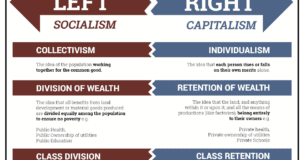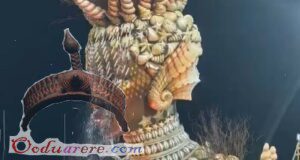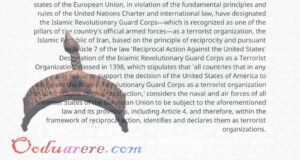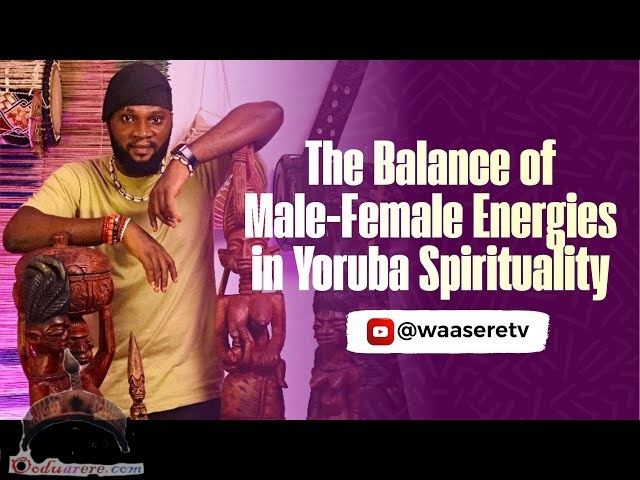By Kehinde Adepegba, Ph.D
The Yorùbá consider some numbers as very significant as revealed by their belief system. I (oókan), 2 (eéjì ), 3 (ẹẹ́ta), 5 (aárùn-ún), 7 (eéje), and 8 (ẹẹ́jọ ) are some of their significant numbers. This review examines 3 (ẹẹ́ta) in Yorùbá belief. As they say: mẹ́ta là á pa á, mẹ́ta là á mọ ọn (riddles are cast and revealed thrice). We are at an ‘oríta-meta to ń dààmú àlejò’ (an intersection of three paths that sends a visitor astray). This is because the number 3 has a mystery around it. This mystery is discernible only by elders (àgbà). And so they say:
Àgbà mẹ́ta ló ń mọdi ẹẹ́ta
Ẹni tó mọdi eeji ọ̀rọ̀, là ń sọ ìkẹta rẹ fún
(Only three elders can demystify the mystery of number 3)
The one who is privy to 2 that the mystery of 3 is revealed unto).
This means that the one that does not understand 1 and 2 has no business knowing 3.
But then why àgbà mẹta? Why will your mother call you three times and ask you: Ẹẹmélòó ni mo pè ọ? (How many times did I call you?). This review will provide possible answers.
Life is in stages. Therefore, the Yoruba believe that the sojourn of any man (or woman) on earth is in three main phases: Ìgbà òwúrọ̀ (morning), ìgbà ọ̀sán (afternoon), and ìgbà àlẹ(evening).
The morning is characterized by a man’s struggle to find his feet and his preparation for the life ahead. This is the time they pray: Owuro lawa, Èdùmàrè jẹ́ kalẹ kó san wá (we are in the morning, Èdùmàrè bless our evening). The afternoon is when a man is young and agile, chasing after successes, while the evening is when his strengths and power are waning and he is getting ready to return to his maker. This evening is highly anticipated as a time of eating the fruits of one’s labours, as such the Yorùbá often pray: jẹ́ kó yemi kalẹ (Let me be blessed till the evening of my life).
These three phases are products of the summation of successive: àná (yesterday), òní (today), and ọlá (tomorrow), which a man has experienced in life. Hence, some sayings describe the characteristics of àná, òní and ọlá: ohun tí a bá fòni ṣe , ọrọ ìtàn ni lóla (what we do today becomes history tomorrow); Ti a ba ni ka mu òní, ọlá la máa mú (if you attempt to arrest today, you will only succeed in arresting tomorrow); àná sàgbà òní , òní àgbà ọ̀la (àná in the senior brother of òní and òní is the senior brother of ola), to mention a few.
The local earthen stove (aaro) is made of three stones or clay mounds. Their belief in the unity of 3 is why they use a proverb related to aro as a metaphor for the success that can be achieved by the accord of 3 elements- Aaro mẹta kì í da ọbẹ̀ nù (three aaro with three bases does not spill the soup). There are three most useful containers recognised by the Yorùbá for carrying things among the people. They are igbá (calabash), àwo (ceramics), or ìkòkò baba ìṣáasun (water pot the father of cooking pot). Others are regarded as substandard to these.
The Yoruba believe in three types of animals in the mundane world. Other animals, big or small, are under these three broad classifications: ẹyẹ (bird), eku (rat) and ẹja (fish). Many verses in the Ifá literature refer to this in his different narrations:
Babaláwo ẹyẹ ló difa fún ẹyẹ
Babaláwo eku ló difa fún eku
Babaláwo eja ló difa fún ẹja
(Diviner of eye divines for ẹyẹ
Diviner of eku divines for eku
Diviner of ẹja divines for ẹja)
Ẹyẹ represents the atmosphere; eku signifies the existence of the Terra firma and ẹja, an exemplification of the aqua parts of the main triad of the mundane world. The unity of these three elements is why the mundane world remains functional and the Yoruba recognise this truth.
Also, there are many birds in the air but the most revered by the Yorùbá are: agbe (wood cock), àlùkò (toucan), and Lékeléke (egret). Many oral literatures abound on the trio. Example are:
Agbe ló laró
Àlùkò ló losun
Lekeleke ló lefun
(Agbe is the producer of aro
Àlùkò owns osun
Lekeleke is the merchant of ẹfun).
Agbe n relé idaro
Àlùkò ń relé ikosun
Lékeléke ń relé ìkẹfun.
(Agbe goes to the place of concocting aro
Àlùkò goes to the place to prepare osun
Lékeléke goes to the place of making efun).
This brings us to the three primary colours of the Yoruba: dúdú (aró), pupa (osun) and funfun (ẹfun). Dúdú refers to all cold colours which are black, blue, indigo, green, brown, etc; pupa are those warm colours like red, pink, magenta, orange, etc; and funfun are white and all off-whites colours. Therefore, the most prestigious Yorùbá aṣọ-òkè are woven from threads made of the three primary colours: Ẹtù from dúdú , Alaari from pupa, and San-ányan from funfun. The primary colours have spiritual connotations: Dudu connotes something hidden and mysterious, pupa represents something wild and volatile, while funfun is all about purity and peace.
The three main ingredients in the preparation of Yorùbá foods are ata (pepper), epo (palm oil), and iyọ̀ (salt). A food not having these three is called ate (unpalatable meal). It is not acceptable to the Yoruba to eat a man’s ata, epo, and iyọ̀ and still plot evil against him. It amounts to biting the fingers that feed you. It is believed that the one against whom evil is plotted could use this fact to verbally invoke a curse against the plotter justifying this with statements such as: ayafi tí kò bá jẹ ata, epo ati iyọ̀ mi (except he or she did not eat my ata, epo, and iyọ̀ ). This type of utterance does carry forceful ase (authority) and has proven to be effective.
Obi, orogbo, and ataare are the three most important plant products of note. The Yoruba hardly carry out medicinal and religious activities without them. Rites and prayers in traditional settings are not complete without any of them. Prayers are said using them depending on the desired results:
Obì ní ń biku, obi ní ń bi àrùn
(Obi wades off death, obi wades of sickness).
Ọdọọdún là ń rorogbo
(Orogbo does not miss out on the yearly celebrations).
Ataare kìí di tìẹ ní ààbò
(Ataare does not appear half-full).
Three types of people are reading this article. If you are not Lagbaja, you are Tamedu or Lakasegbe. This is how the Yoruba describes the three faceless people in their beliefs. Though faceless they exist and represent somebody, anybody, and everybody.
… and so on and so forth. From the forgoing examples, 3 in Yorùbá belief is multi-faceted and it is entrenched in all areas of their belief system.
Dr Kehinde Adepegba is an Artist and a University lecturer where he teaches Art and Art History. He promotes Yoruba language and arts through his art and art historical studies. He is a bilingual Author and cultural Activist.
 Ọmọ Oòduà Naija Gist | News From Nigeria | Entertainment gist Nigeria|Networking|News.. Visit for Nigeria breaking news , Nigerian Movies , Naija music , Jobs In Nigeria , Naija News , Nollywood, Gist and more
Ọmọ Oòduà Naija Gist | News From Nigeria | Entertainment gist Nigeria|Networking|News.. Visit for Nigeria breaking news , Nigerian Movies , Naija music , Jobs In Nigeria , Naija News , Nollywood, Gist and more









